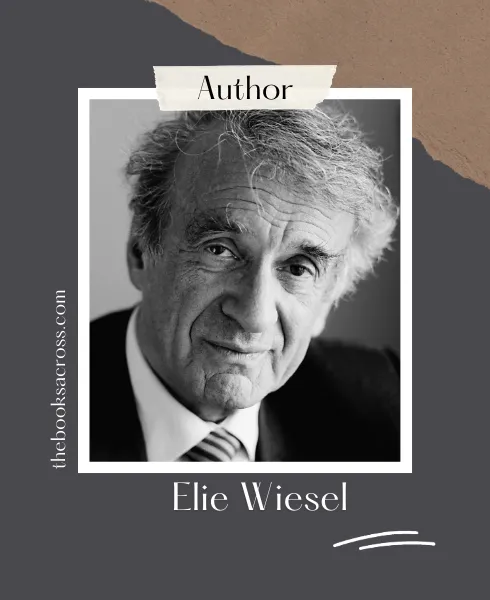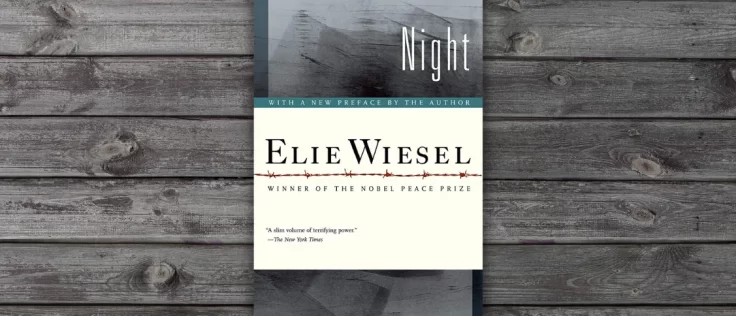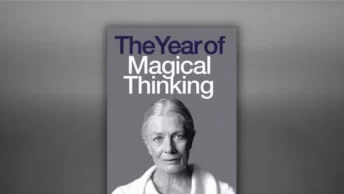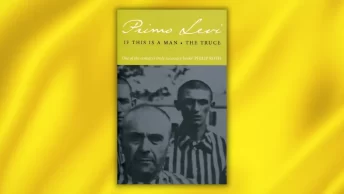Night PDF is a memoir by Elie Wiesel, a Holocaust survivor, and Nobel Peace Prize laureate, that was published by Hill and Wang, a division of Farrar, Straus, and Giroux, in 1960. The memoir recounts Wiesel’s experiences as a young Jewish boy during the Holocaust, including his imprisonment in Auschwitz and Buchenwald concentration camps, and his struggle to survive the atrocities committed by the Nazis.
Since its publication, “Night” has received widespread acclaim for its powerful and haunting portrayal of the Holocaust. It has been translated into numerous languages and has sold millions of copies worldwide. The memoir has been highly regarded by critics for its raw, honest, and harrowing depiction of Wiesel’s experiences, and it has become an important work of Holocaust literature.
The themes explored in “Night” include the nature of humanity, the loss of faith, the horrors of war and genocide, and the importance of remembering and bearing witness to historical atrocities. Wiesel’s poignant and introspective writing delves into the psychological and emotional struggles of surviving the Holocaust, and he grapples with questions of identity, morality, and the meaning of life in the face of extreme suffering. “Night” is available in various formats, including paperback, hardcover, pdf, ebook, and audiobook, making it accessible to readers in different ways.
Table of Contents
Night Summary
The book begins with a young Elie, the protagonist, and narrator, living in the small town of Sighet, Romania. Elie’s life is deeply influenced by his Jewish faith and his studies of Jewish mysticism.
Elie’s life takes a tragic turn when the Nazis force him and his family, along with other Jews in Sighet, into ghettos. They are then transported in cattle cars to Auschwitz, a concentration camp in Poland. Elie and his father are separated from his mother and sisters upon arrival at the camp, and they soon face the harsh realities of camp life, including brutal treatment by SS officers, forced labor, and the constant threat of death in the gas chambers.
As Elie struggles to survive in the dehumanizing conditions of the camp, he witnesses and experiences horrific atrocities, including the execution of prisoners, the loss of faith among fellow prisoners, and the deterioration of human morality. Elie’s relationship with his father becomes a central focus of the book, as they support each other through the unimaginable horrors they face.
Having survived Auschwitz, Elie and his father undergo a transfer to Buchenwald, another concentration camp. Unfortunately, Elie’s father becomes ill and weak, prompting Elie to confront the harsh reality that his father may not survive. Despite his efforts to care for his father, Elie’s father eventually dies from exhaustion and brutality.
The book concludes with the liberation of Buchenwald by the Allied forces and Elie’s liberation from the physical confines of the concentration camps. However, the profound loss of faith in humanity and in God leaves Elie emotionally and spiritually shattered, struggling to cope with it. The memoir ends with Elie’s liberation, but also with a sense of emptiness and despair as he reflects on the deep scars left by the Holocaust.
Details of Night Book
| Book | Night |
| Author | Elie Wiesel |
| Original language | English, Yiddish |
| Originally published | 1956 |
| Category | Memoir |
| Publisher | Hill and Wang |
| Total Pages | 116 |
| Format | PDF, ePub |
Night PDF Free Download
Click on the download button below to get a pdf file of the Night book online for free.
Multiple Languages Editions of Night Book
“Night” by Elie Wiesel has been translated into numerous languages, including English, French, Spanish, German, Italian, Dutch, Portuguese, and more.
| Book Editions | Check Now |
|---|---|
| English | Check Price |
| German | Check Price |
| French | Check Price |
| Spanish | Check Price |
| Portuguese | Check Price |
| Chinese | Check Price |
About the Author
The author of “Night,” Elie Wiesel, was a renowned writer, Holocaust survivor, and human rights activist. He was born on September 30, 1928, in Sighet, Romania, into a Jewish family. Wiesel grew up deeply influenced by his Jewish faith and traditions, as well as his studies of Jewish mysticism and philosophy.

In World War II, when Wiesel was a teenager, the Nazis forcibly took him and his family, along with other Jews from his town, to Auschwitz, a concentration camp in Poland. Upon their arrival at the camp, Wiesel’s mother and younger sister were killed in the gas chambers. However, Wiesel and his father were selected for forced labor.
Surviving Auschwitz, Wiesel endured the transfer to Buchenwald, another concentration camp, until the Allied forces liberated him in 1945. He was one of the few members of his family to survive the Holocaust.
After the war, Wiesel emigrated to France and studied at the Sorbonne in Paris. Starting his career as a journalist and writer, he published his first book, “Night,” in 1956. The book, initially titled “Un di velt hot geshvign” (“And the World Remained Silent”), appeared in Yiddish. Subsequently, it underwent translations into French and English, and to date, it has been translated into over 30 languages.
Similar Books to Night Book
- The Diary of a Young Girl by Anne Frank
- Man’s Search for Meaning by Viktor Frankl
- The Boy in the Striped Pajamas by John Boyne
- If This Is a Man by Primo Levi
FAQs(Frequently Asked Questions)
What is the main point of the book Night?
The main point of “Night” is to bear witness to the horrors and atrocities of the Holocaust, providing a firsthand account of the inhumanity and the importance of remembering history.
What is Night book theme?
The themes in “Night” include the loss of innocence, the struggle for faith in the face of suffering, the dehumanization of individuals during the Holocaust, and the importance of remembering and learning from history.
What is important about the book Night?
“Night” is an important book as it serves as a powerful testament to the Holocaust, offering a firsthand account that raises awareness about the atrocities committed during that time and the need to prevent such atrocities from happening again.
What is the moral lesson of Night?
The moral lesson of “Night” is the importance of compassion, empathy, and standing up against injustice. It teaches us to be vigilant against hatred and to value and protect the dignity and humanity of all individuals.
What is the symbol of Night book?
The symbol of “Night” can be interpreted in various ways. It represents the darkness and despair of the Holocaust, the loss of innocence and hope, and the profound suffering endured by the victims.







